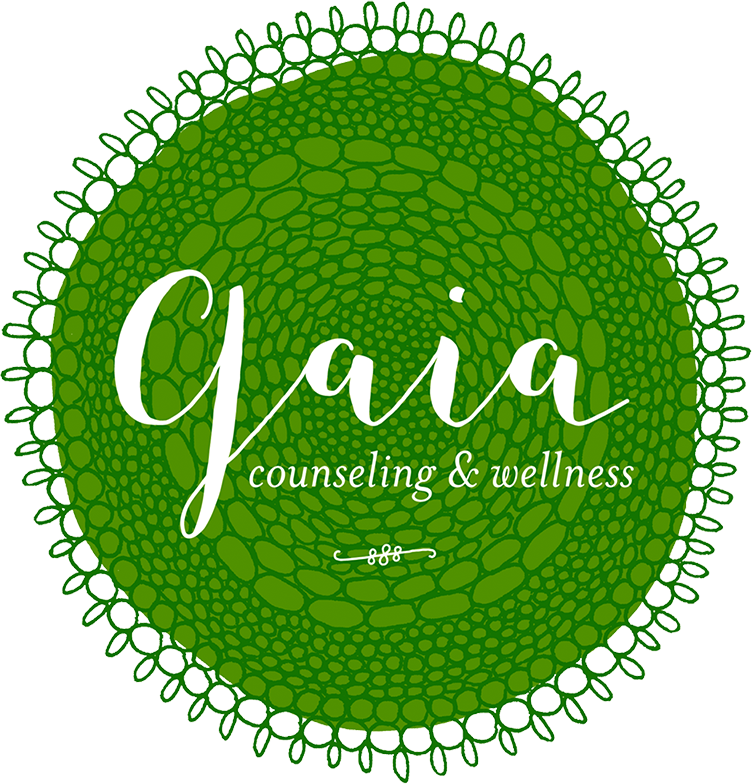Starting therapy can be both exciting and nerve-wracking. It's important to try to assess whether or not a therapist will be a good fit for you and your needs. Our intake coordinator can assist you with this process, but it’s a good idea to be prepared with some questions for a consultation call with a potential match. To help make the most of your consultation call, here are seven important questions you could consider asking. These questions will not only help you understand the therapist's approach, but also allow you to express your expectations.
1. What is Your Approach to Therapy?
Understanding your therapist's methodology can help you gauge if their style aligns with what you are looking for in therapy. Different therapists have distinct approaches; some might focus on cognitive-behavioral techniques, while others may take a more experiential approach. For children under 12 we recommend child-centered play therapy, art therapy, or a combination of the two. By asking about their techniques, you can determine if their methods resonate with your expectations.
2. How Will You Measure Progress?
It's crucial to discuss how you or your child’s progress will be tracked during your sessions to stay motivated and informed. Tracking progress allows you to celebrate small wins and reassess strategies if things aren’t moving forward as hoped. Additionally, understanding how progress is defined can influence your expectations of treatment.
3. What Should I Expect in Our Sessions?
Gaining clarity on what a typical session looks like can ease any anxiety about the process. By articulating your expectations and hearing from the therapist what they think is realistic, you'll create a space for open dialogue right from the start.
Moreover, questioning the general flow of sessions can give insight into what activities or discussions may arise. Knowing what to expect can give you or your child peace of mind.
4. Can You Explain Confidentiality Policies?
Understanding confidentiality is vital to ensure you feel safe and secure discussing personal matters. You or your child’s ability to speak freely hinges on a trusting environment, and knowing how information will be handled creates that foundation.
Ask your therapist what limitations exist regarding confidentiality. For instance, are there circumstances involving harm to yourself or others that might necessitate information being shared? Will the therapist share with you what your child talks about in session? Clarity here is key.
5. How Do You Handle Emergencies?
Knowing what support is available outside of sessions can provide peace of mind. Emergencies can arise in the middle of a challenging week, and being aware of available resources can be the difference between feeling supported and feeling lost. It's prudent to ask if your therapist has a crisis protocol in place. Do they offer emergency phone sessions or direct you to local resources? Understanding their emergency plan ensures you have necessary support when it counts the most.
6. What Experience Do You Have with My Specific Issues?
It's beneficial to ask about the therapist's experience with you or your child’s specific concerns to ensure they have the expertise needed. Whether it's ADHD, behavioral problems, grief, or something else, knowing their familiarity with those areas can enhance your comfort level and boost your confidence in their abilities.
Moreover, a therapist's past experiences with similar situations can provide invaluable insights into their methods. Hearing how they have helped others navigate the waters you are about to explore can foster hope and build a rapport that sharpens your therapeutic journey.
7. What Are Your Fees and Payment Policies?
Discussing fees upfront will help you understand the financial commitment involved in your therapy. Transparency regarding costs can prevent any unexpected complications, allowing you to focus solely on the therapeutic process

